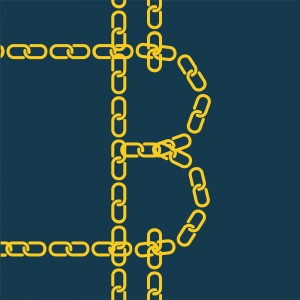 Green technology has been making headlines recently, thanks to the UK’s latest industrial strategy, indicating positive moves are being made in embracing innovation in the energy sector.
Green technology has been making headlines recently, thanks to the UK’s latest industrial strategy, indicating positive moves are being made in embracing innovation in the energy sector.
Plans have been drawn to significantly alter energy production, utilisation, and storage. The government has become more aware of a need for a flexible and more intelligent system of energy. With consumers in the UK on standard tariffs paying £5.4bn per year, it’s high time for an overhaul of the current energy system, in order to decrease prices and bring the grid into the 21st century.
To fall in line with its own strategy, the government has made plans to see that all businesses and homes have the option to have a smart meter installed. Although these devices give a greater amount of control to the consumer, the data they are given is only a hint of what’s possible.
Smart meters record energy consumption in a household between once every 6 and 60 seconds. This means that, although they can show the total energy cost, they fail in providing sufficient detail to encourage long0term change in behaviour that would result in enhanced efficiency and lower energy costs. An electrician is required to install the meter and the data is related to the consumer through outdated IHD technology.
An important factor in improving such a system and offering more substantial data is unlocking its granular energy data. With this technology, energy data can be recorded more than million times faster than with a smart meter.
Through the use of advanced machine learning technology, consumers can even be notified when their household appliances are decreasing in efficiency or about to break, which the consumer can then make a decision on making a repair or buying a replacement.
At this level, energy data is about far more than just energy – it’s about security and safety. If you accidentally leave an electrical appliance switched on, the consumer could receive an alert before leaving the house.
A step further than smart metres is the use of blockchain technology and peer to peer energy trading, which is currently limited to Canada, Australia and Germany.
Blockchain technology is delivering new opportunities in a number of sectors. In the energy sector, the combination of authentication and transaction capabilities of Blockchain with methods of machine learning, affording more sustainable and cost-effective energy to users. Another sector where blockchain technology is being implemented effectively, due to its close association with bitcoin, is the online casino space. A Bitcasino such as bitcasino.io, showcases the power of blockchain technology. When users visit the site and deposit with Bitcoin, they may be unaware of the technology that enables them to play with anonymity.
This blockchain-based energy trading solution will enable consumers with renewable energy supplies to offer them to neighbours, at a price. This will also provide more access to low carbon electricity for households who are unable to afford renewable technologies.
As we see the economy become more consumer-centric, the energy sector will need to keep pace. Peer-to-peer energy trading puts the consumer in control, not only putting them first, but delivering a positive social impact.
